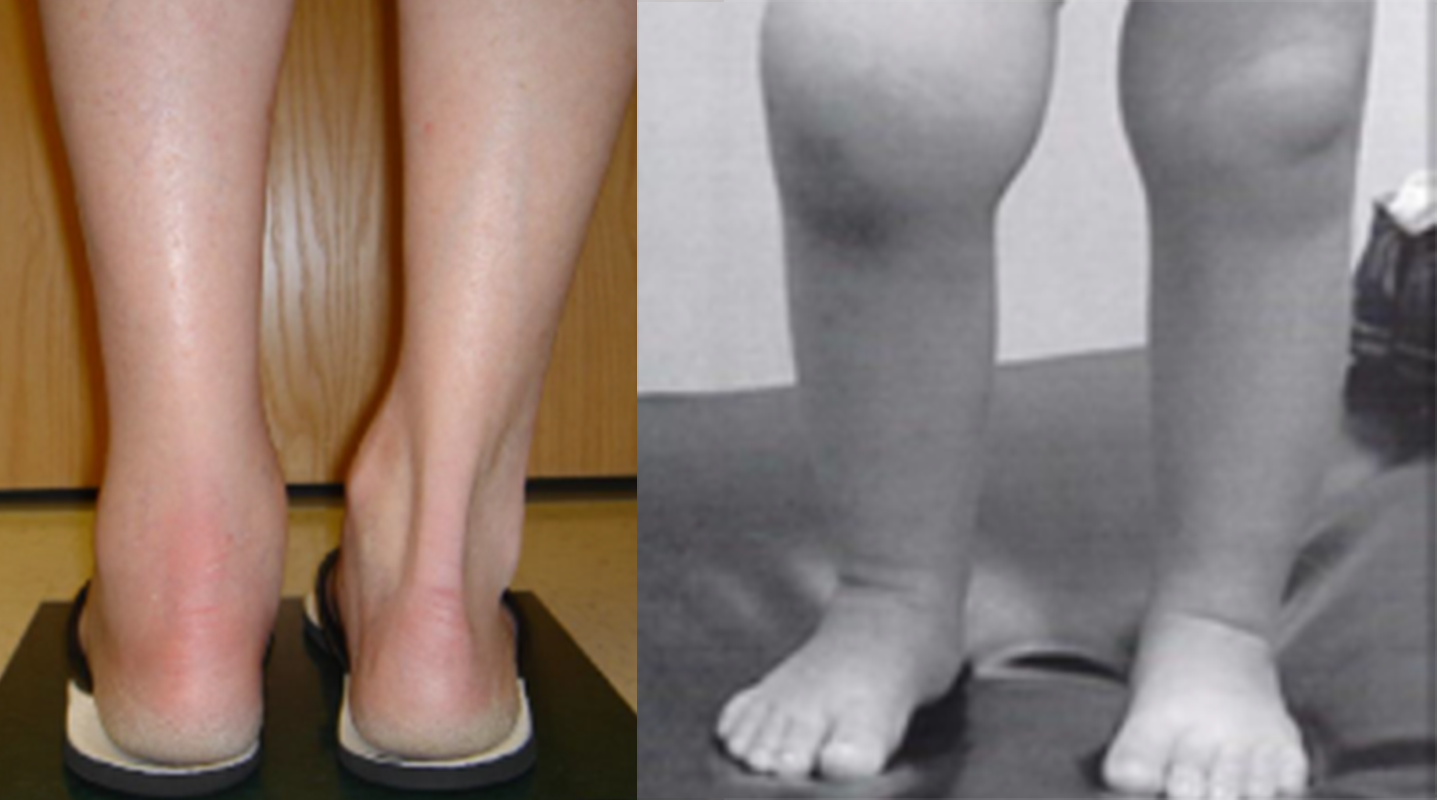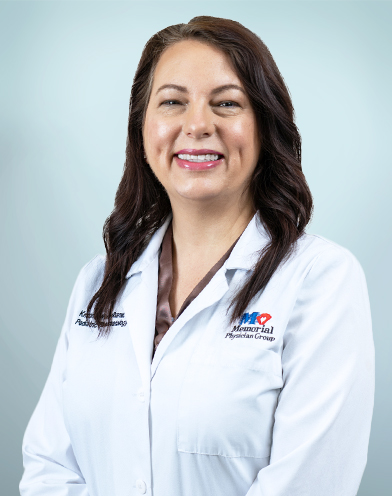Juvenile Idiopathic Arthritis
August 16, 2021

Children often present to their pediatrician’s office with aches and pains. Growing pain can occur in children, usually between three to seven years of age. The pain occurs most often in the evening, occurs on both sides and is relieved by massage and over the counter pain medications.
However, some joint pain can be more serious. In order to diagnosis juvenile arthritis, children should be evaluated by a pediatric rheumatologist if they experience joint pain all the time or is associated with morning stiffness, joint swelling or redness, fever, rash or limping.
What is Juvenile Idiopathic Arthritis (JIA)?
Juvenile Idiopathic Arthritis (JIA), formerly known as Juvenile Rheumatoid Arthritis, is a group of diseases characterized by chronic joint inflammation. These diseases are very different in their symptoms, treatments, and outcomes, and can be the cause of the following conditions in children under the age of 16:
- Muscle tightening
- Misaligned joints
- Changes in growth
- Fever
- Rash
JIA is one of the most common rheumatic diseases of childhood and affects approximately 300,000 children in the United States.
What are the symptoms and signs of JIA?
JIA begins before the age of 16 and symptoms can change and evolve overtime. Some of the most common signs and symptoms may include:
- Pain in joints for six weeks or longer
- Swelling in one or more joints
- Pain with movement
- Warmth over the joint
- Limited movement of the joint are signs of arthritis
How is JIA diagnosed?
In order to be diagnosed with JIA, the arthritis must be present for at least six weeks and all other causes, such as infection, need to be excluded. Diagnosis is based on physical examination, laboratory and imaging studies. Treating children is not the same as treating adults and JIA is not the same as adult rheumatoid arthritis.
There are several types of JIA and a variety of symptoms are included.
What are the subtypes of JIA
- Systemic onset JIA (SO)
- Oligoarticular JIA (PO or EO)
- RF-negative polyarthritis (RF -ve)
- RF-positive polyarthritis (RF +ve)
- Enthesitis related JIA (ERA)
- Psoriatic JIA (PsA)
- Undifferentiated JIA (UnA)
There is no specific study to detect JIA, however with careful physical examination, laboratory and imaging technology, JIA is able to be identified early and treated effectively. Therapeutic options for JIA have advanced dramatically over the past 20 years with the introduction of biologic medications, such as tumor necrosis factor inhibitors and newer agents such as toclizumab, canakinumab, and abatacept.
These medications allow the focus of JIA treatment to shift to tight disease control and early complete remission. Many children receive biologic medications in our own ambulatory center.
Specialized JIA Team and Tech Resources
Our Divisions of Pediatric Immunology and Allergy and Pediatric Rheumatology cares for children and adolescents with rheumatologic disorders, including JIA. With a focus on providing high-quality patient- and family-centered care, our pediatric rheumatologist works closely with a specialized, multidisciplinary team to provide comprehensive treatment and support for children with JIA and other rheumatic diseases.
Joe DiMaggio Children’s Hospital utilizes the latest in laboratory and imaging technology. We have the expertise of a variety of pediatric subspecialists to identify and treat the causes of limb and joint pain as well as other rheumatic diseases in children.



